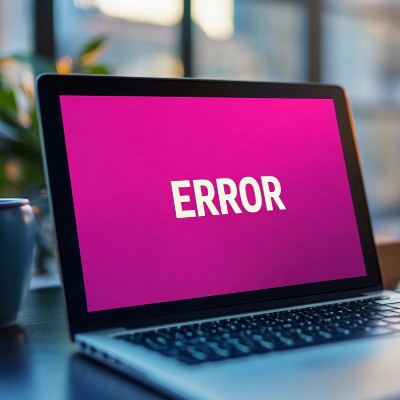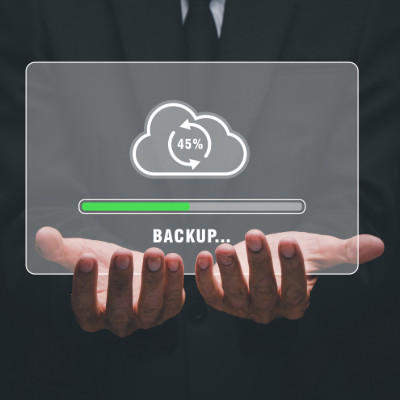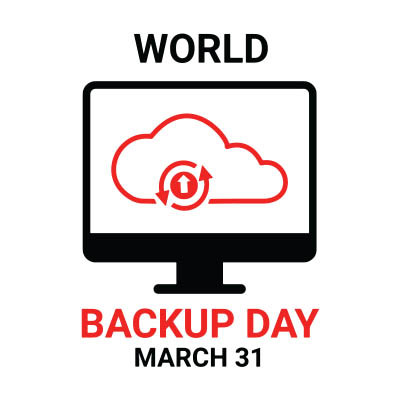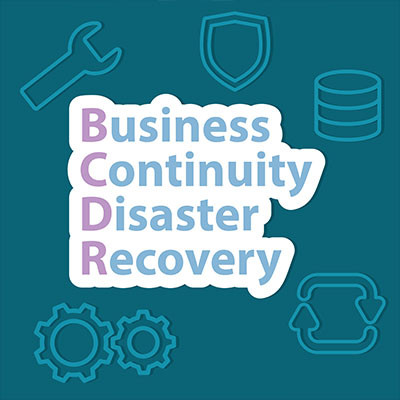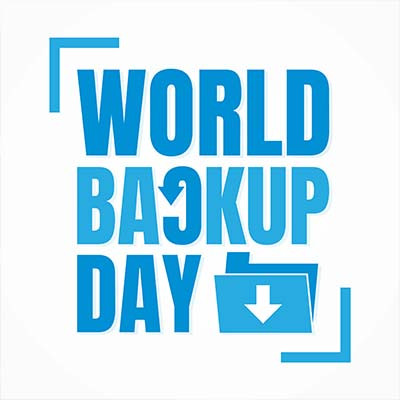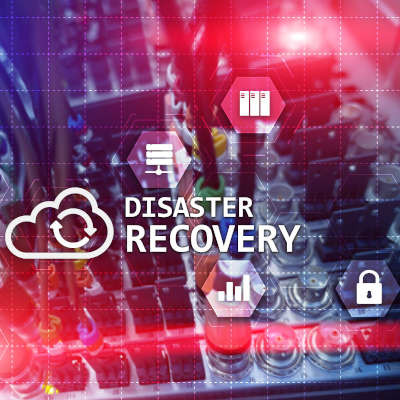Technology is meant to be the wind in your business' sails, propelling you forward, simplifying tasks, and making operations smoother than a freshly paved highway, right? Sometimes, it is! Other times, it feels more like a mischievous gremlin has been let loose in the engine room, and certain seemingly small habits can escalate into full-blown operational nightmares.
Here at CIT Solutions, we've seen a pattern or two. Today, let's shine a spotlight on three common technology missteps that might be silently sabotaging your productivity or even worse, leaving your digital doors wide open.




